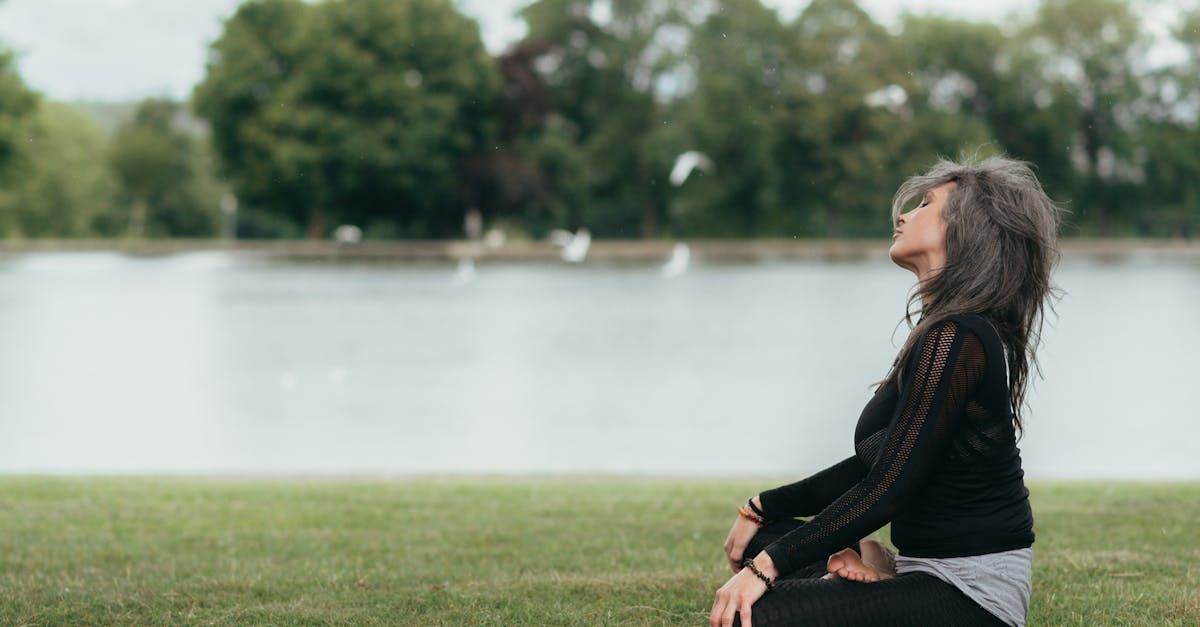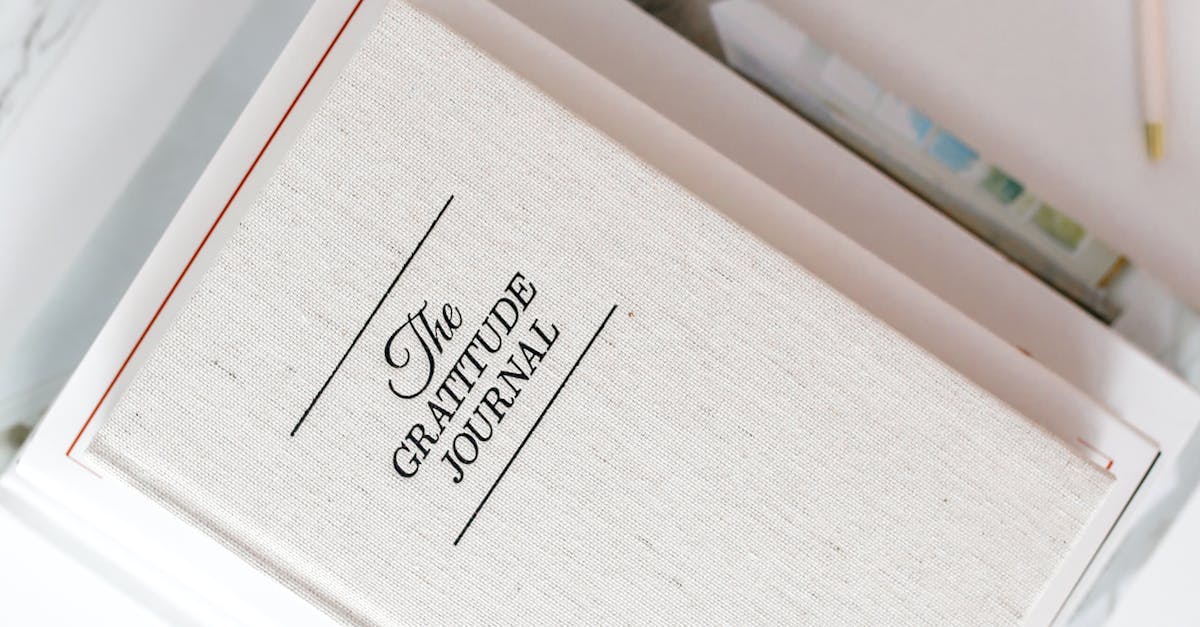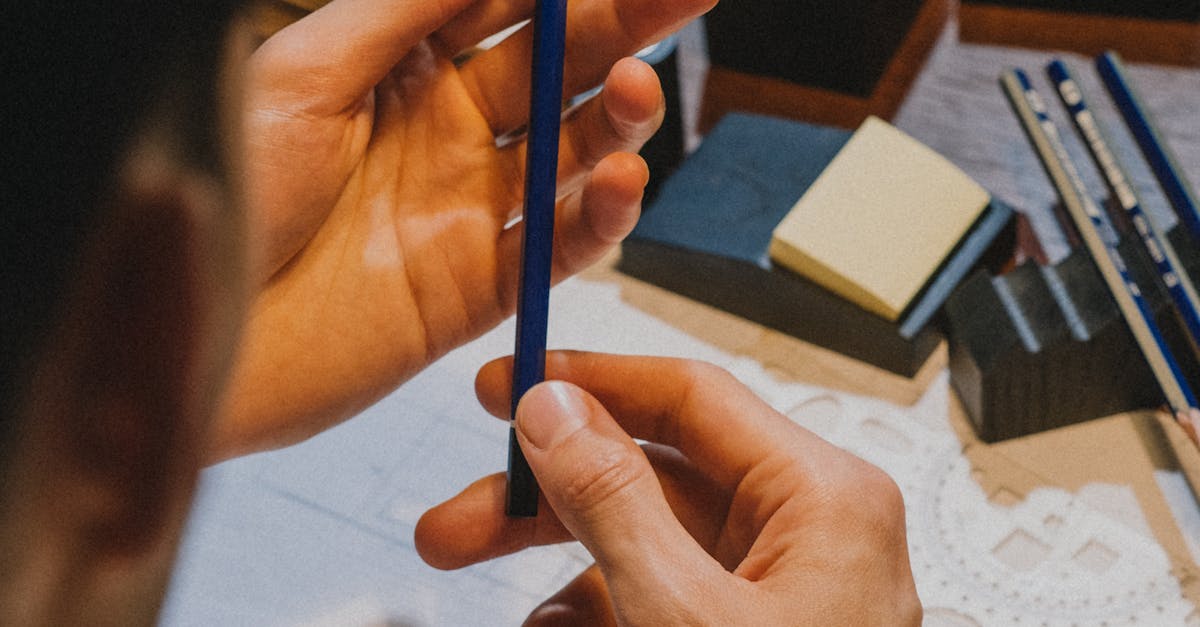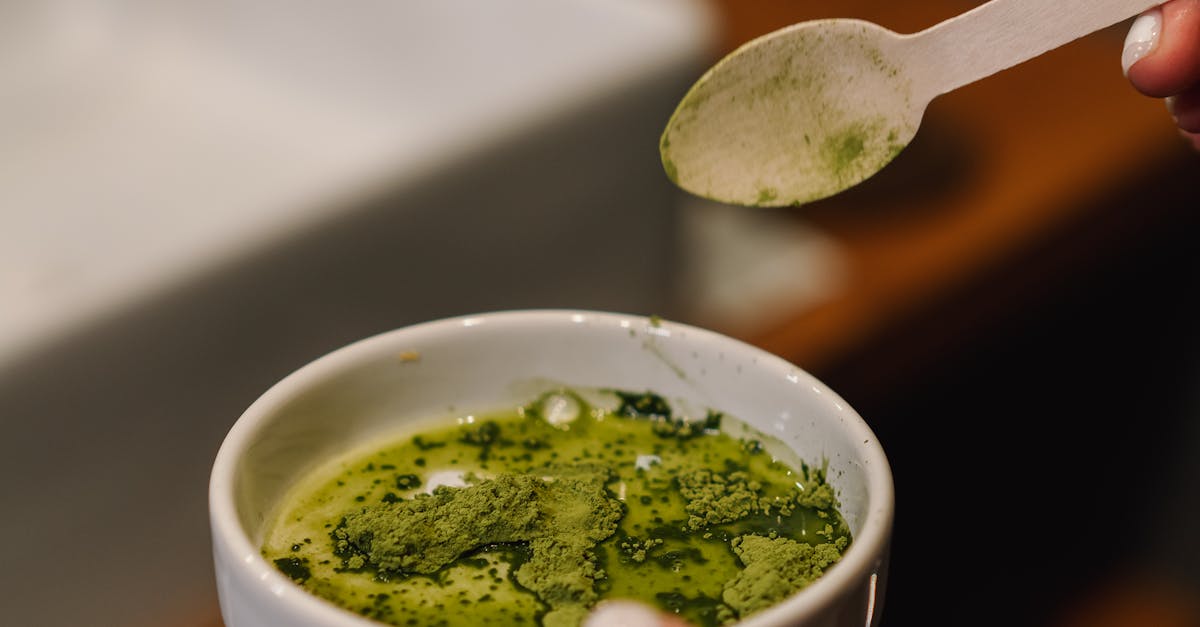Tiny Habits, Big Calm: 9 'Micro-Practices' That De-Stress Your Day
In our fast-paced world, stress has become an all-too-familiar companion for many. While grand gestures like vacations and spa days offer temporary relief, it's the small, consistent habits that truly transform our daily lives. Welcome to the concept of "Tiny Habits, Big Calm," where micro-practices serve as powerful antidotes to stress. These subtle yet impactful changes don't demand much time or effort but can significantly enhance your mental well-being. This article explores nine such micro-practices that seamlessly integrate into your routine, providing a steady stream of calm throughout your day. Each section delves into a unique habit, revealing how these minor adjustments can lead to major improvements in stress management and overall quality of life.
The Power of Mindful Breathing

Mindful breathing is a cornerstone practice for achieving calmness. By focusing on your breath for just a few minutes, you can significantly reduce stress levels. This practice involves taking slow, deep breaths, holding them momentarily, and then exhaling slowly. The deliberate focus on breathing helps shift your attention away from stressors and towards the present moment. Research indicates that mindful breathing can lower cortisol levels, the hormone responsible for stress, and promote relaxation. This simple yet effective micro-practice can be done anywhere and anytime, making it an accessible tool for managing stress throughout the day.
The Art of Gratitude Journaling

Gratitude journaling is another micro-practice that can transform your outlook on life. By taking a few minutes each day to jot down things you are grateful for, you can shift your focus from stress to positivity. This practice fosters an attitude of appreciation and helps you recognize the good amidst the chaos. Studies have shown that regularly practicing gratitude can enhance emotional well-being, increase resilience, and improve overall happiness. By integrating gratitude journaling into your daily routine, you create a positive feedback loop that counteracts stress and cultivates a sense of calm and contentment.
The Magic of Micro-Meditations

Micro-meditations are brief, focused meditation sessions that can be practiced in just a few minutes. Unlike traditional meditation, which may require a dedicated time and space, micro-meditations can be done anywhere—from your desk to your car. These short sessions allow you to pause, reset, and clear your mind, which is especially helpful during busy or stressful times. Research supports that even short bursts of meditation can reduce anxiety, improve focus, and enhance emotional regulation. By incorporating micro-meditations into your day, you create pockets of peace that help maintain a calm state of mind.
The Calming Effect of Progressive Muscle Relaxation

Progressive muscle relaxation (PMR) is a technique that involves tensing and then slowly relaxing each muscle group in your body. This practice not only reduces physical tension but also calms the mind. PMR can be particularly effective for those who hold stress in their bodies, as it helps you become more aware of physical sensations and learn to release them. Studies show that PMR can decrease symptoms of anxiety and improve sleep quality. By dedicating just a few minutes to this practice, you can experience a profound sense of relaxation and tranquility.
The Simplicity of Digital Detox Moments

In our technology-driven world, constant connectivity can be a significant source of stress. Implementing digital detox moments—short periods where you disconnect from screens—can provide a much-needed mental break. During these moments, you can engage in activities that promote relaxation, such as reading, walking, or simply enjoying nature. Research indicates that reducing screen time can lower stress levels, improve mood, and enhance sleep quality. By consciously choosing to unplug for a few minutes each day, you create space for calmness and mental clarity.
The Joy of Creative Expression

Engaging in creative expression, such as drawing, writing, or playing music, can be a powerful stress reliever. These activities allow you to channel your emotions and thoughts into something tangible, providing an outlet for stress. Creative expression activates the brain's reward system, releasing dopamine and promoting feelings of pleasure and satisfaction. Studies have shown that engaging in creative activities can reduce anxiety, enhance mood, and improve overall well-being. By incorporating moments of creativity into your day, you invite joy and relaxation into your life.
The Grounding Technique of Earthing

Earthing, or grounding, is the practice of connecting physically with the earth, such as walking barefoot on grass or sand. This practice is believed to balance the body's electrical charge, promoting a sense of calm and well-being. Research suggests that earthing can reduce inflammation, improve sleep, and decrease stress. By spending just a few minutes each day connecting with nature, you can ground yourself, both physically and mentally, fostering a deeper sense of tranquility and connection to the world around you.
The Refreshing Practice of Hydration Breaks

Staying hydrated is a simple yet often overlooked practice that can significantly impact your stress levels. Dehydration can lead to fatigue, irritability, and difficulty concentrating, all of which can exacerbate stress. By taking regular hydration breaks, you not only nourish your body but also give yourself a moment to pause and reset. Drinking water can have an immediate calming effect, helping to regulate your mood and energy levels. By making hydration a priority, you support your body’s natural ability to manage stress and maintain balance.
The Calming Ritual of Tea Time

Tea time is more than just a beverage break; it’s an opportunity to slow down and savor the moment. The ritual of preparing and drinking tea can be a meditative experience, offering a chance to unwind and reflect. Certain teas, such as chamomile and green tea, contain compounds that promote relaxation and reduce anxiety. The warmth and aroma of tea can also have a soothing effect on the mind and body. By incorporating a daily tea ritual, you create a peaceful pause in your day, fostering a sense of calm and mindfulness.
Incorporating these micro-practices into your daily routine can create a powerful ripple effect, transforming stress into calm. Each practice, while small in execution, holds the potential to significantly enhance your mental and emotional well-being. By mindfully integrating these habits, you cultivate a lifestyle that prioritizes peace and resilience, ultimately leading to a more balanced and fulfilling life. Embrace these tiny habits and watch as they bring big calm to your days, one mindful moment at a time.
